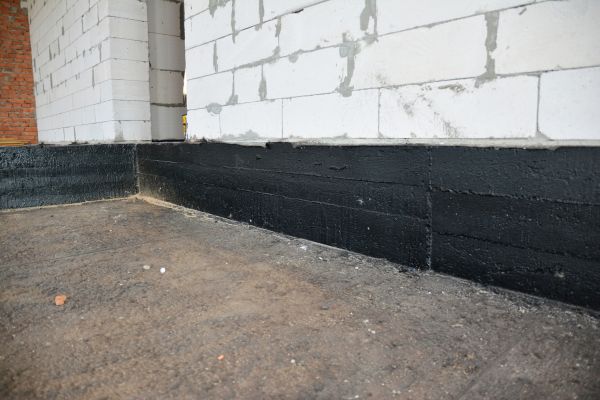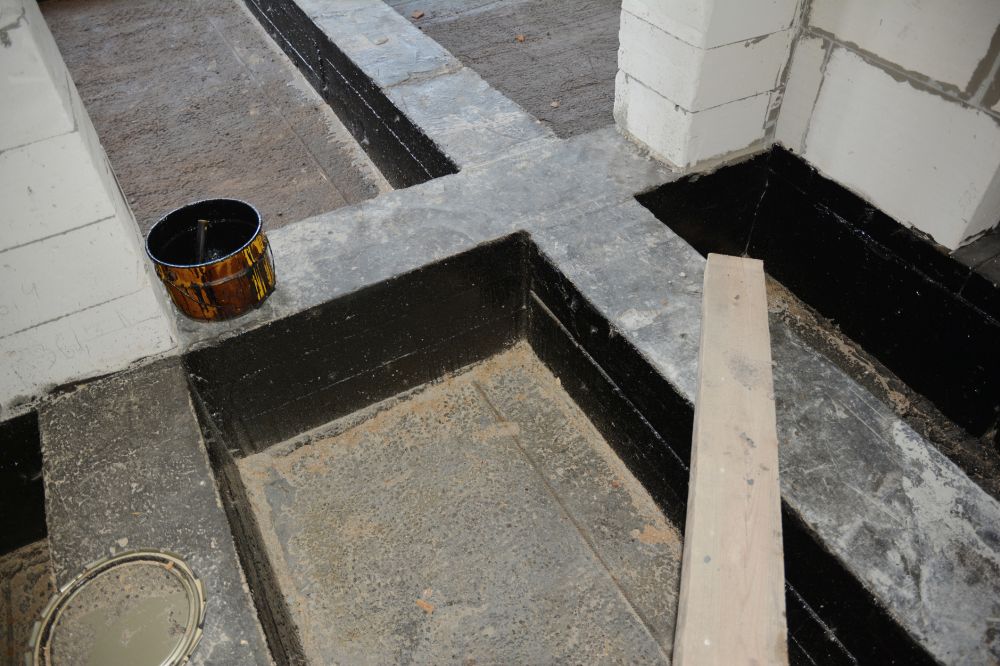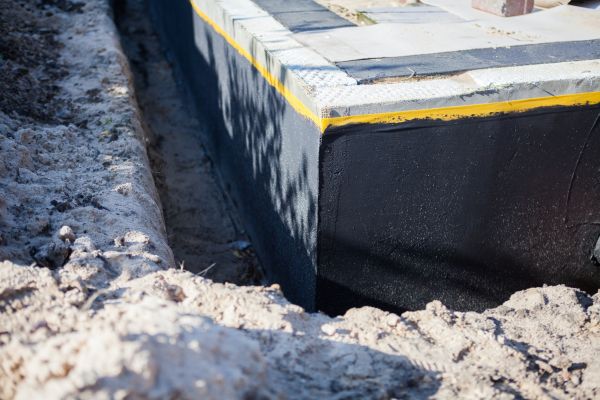Interior Waterproofing Service
Affordable Interior Waterproofing
Interior waterproofing is a crucial process that involves sealing and protecting the interior surfaces of a building to prevent water intrusion. It is particularly important for basements and other below-ground spaces, which are prone to water seepage due to their proximity to groundwater. Over time, water infiltration can lead to structural damage, mold growth, and other costly issues. By implementing effective interior waterproofing solutions, property owners can safeguard their investments, maintain a healthy indoor environment, and enhance the longevity of their structures.
Benefits of Interior Waterproofing
-
Prevents Structural Damage
Water infiltration can weaken the foundation and structural components of a building. Interior waterproofing helps prevent water from penetrating walls and floors, thereby maintaining the integrity of the structure and avoiding costly repairs. -
Reduces Mold and Mildew Growth
Moist environments are breeding grounds for mold and mildew, which can cause health issues and damage to property. By keeping interiors dry, waterproofing minimizes the risk of mold and mildew, promoting a healthier living environment. -
Enhances Property Value
A well-maintained, dry basement or crawl space can significantly increase the value of a property. Prospective buyers are more likely to invest in a home that has been protected against water damage, knowing that it is less likely to have hidden issues. -
Improves Indoor Air Quality
By preventing water intrusion and subsequent mold growth, interior waterproofing contributes to better indoor air quality. This is especially important for individuals with allergies or respiratory conditions, as it reduces the presence of allergens and irritants in the air. -
Increases Energy Efficiency
Moisture can compromise insulation and increase humidity levels, leading to higher energy costs. Waterproofing helps maintain optimal insulation performance and a comfortable indoor climate, ultimately reducing energy consumption.
FAQs About Interior Waterproofing
What is the difference between interior and exterior waterproofing?
Interior waterproofing focuses on preventing water from entering the inside of a building, typically using sealants and drainage systems. Exterior waterproofing involves protecting the building from the outside, often through excavation and applying waterproof barriers.
How long does interior waterproofing last?
The longevity of interior waterproofing depends on the materials and methods used, as well as the specific conditions of the building. Generally, it can last several years with proper maintenance.
Can I do interior waterproofing myself?
While some minor waterproofing tasks can be done by homeowners, professional interior waterproofing ensures comprehensive protection and addresses underlying issues that may not be immediately visible.
Is interior waterproofing necessary for all basements?
Not all basements require waterproofing, but it is recommended for those experiencing water issues or located in areas prone to heavy rainfall or high groundwater levels.
Boldly fill out the contact form to request Interior Waterproofing today! Enjoy the peace of mind that comes with professional protection against water damage and the many benefits that interior waterproofing provides.




